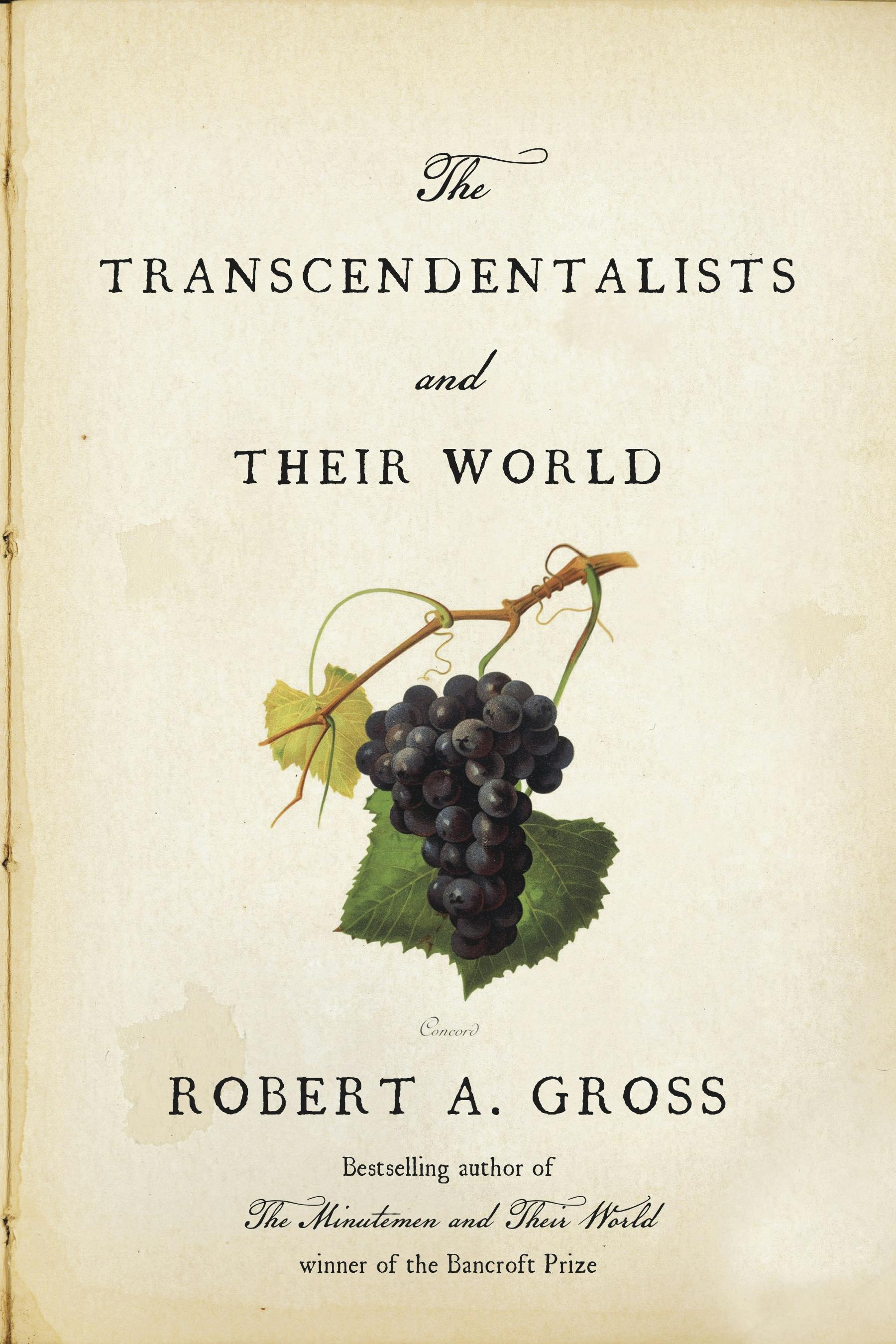In 1840 a slightly bewildered and grumpy John Quincy Adams observed in his diary that a young man named Ralph Waldo Emerson, “after failing in the every-day avocations of a Unitarian preacher and schoolmaster, starts a new doctrine of transcendentalism.” And along with this transcendentalism, Adams complained, “Garrison and the non-resistant abolitionists…, phrenology and animal magnetism, all come in, furnishing each some plausible rascality.”
Rascality delighted Emerson. “We are all a little wild here with numberless projects of social reform,” he wrote to his friend Thomas Carlyle. “Not a reading man but has a draft of a new Community in his waistcoat pocket. I am gently mad myself.” Of course Emerson was not mad, far from it, even though some thought so after he resigned from his pulpit at Boston’s prestigious Second Church in 1832. By 1840 he was well known both as a public lecturer and as the titular head of that newfangled doctrine, transcendentalism.
If anything was a transcendental doctrine, it was Emerson’s small, powerful book Nature, published four years earlier in 1836. “As a plant upon the earth, so a man rests upon the bosom of God,” Emerson explained. “He is nourished by unfailing fountains, and draws, at his need, inexhaustible power. Who can set bounds to the possibilities of man?” Pretty heady stuff.
Heady rascals like Emerson had been seeking a more humane form of belief than what was damply offered in stodgy churches, academies, and political councils—a form of belief that squarely placed divinity in the soul of the individual, where goodness already dwelled. Unitarians may have rejected the fire-breathing Calvinist notion of original sin, predestination, and damnation in favor of a more rational and gentler view of human nature, but the transcendentalists went further: all human inspiration was divine, all nature a miracle. “The currents of the Universal Being circulate through me; I am part or particle of God,” Emerson declared in Nature. That was heretical. “Cast behind you all conformity, and acquaint men at first hand with Deity,” he then scandalously bid the graduating class at the Harvard Divinity School in 1838; he wasn’t asked to return for almost thirty years.

